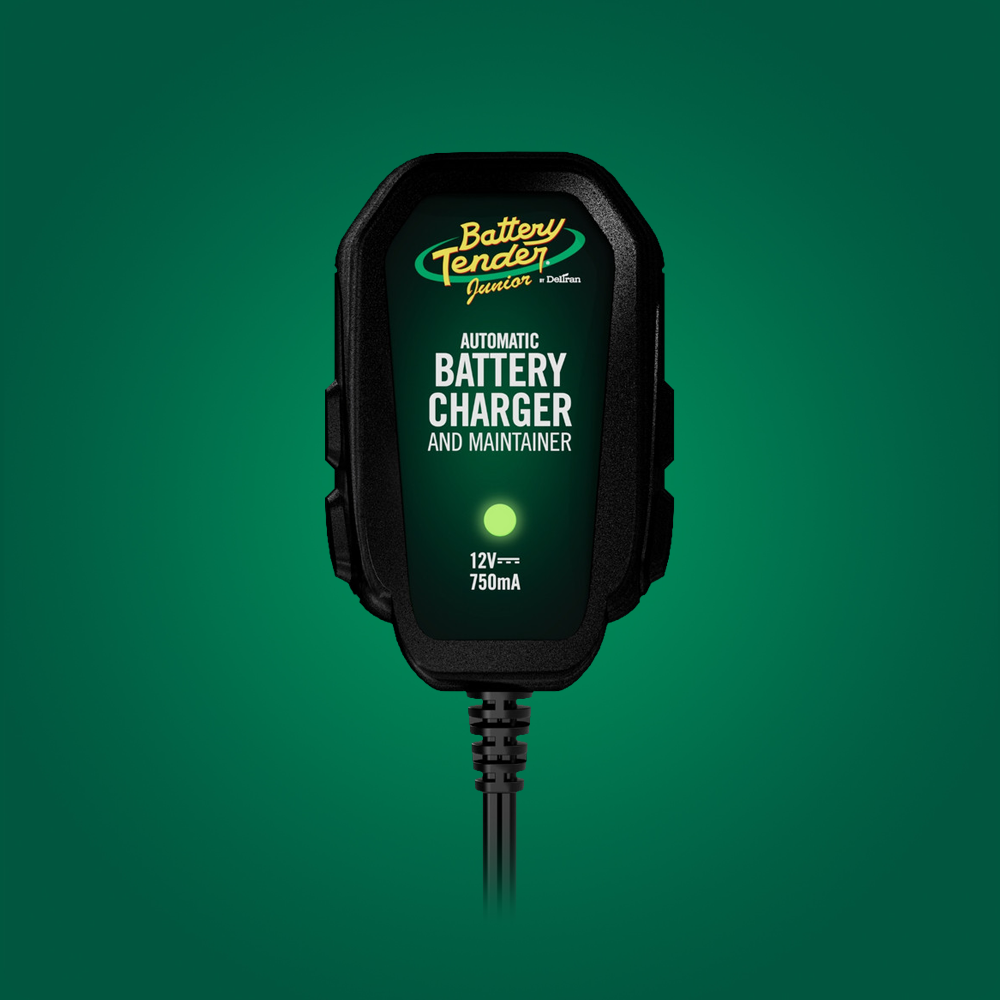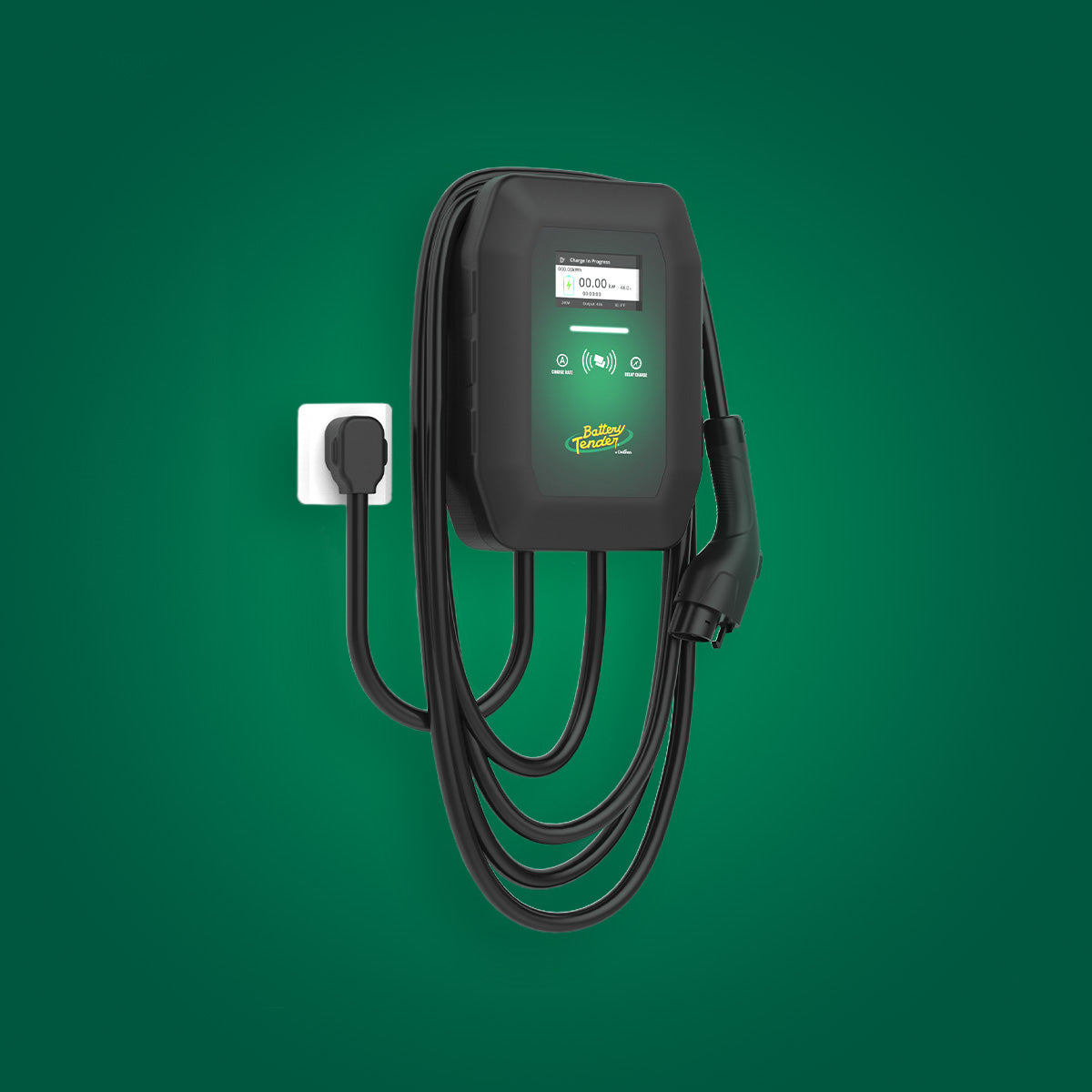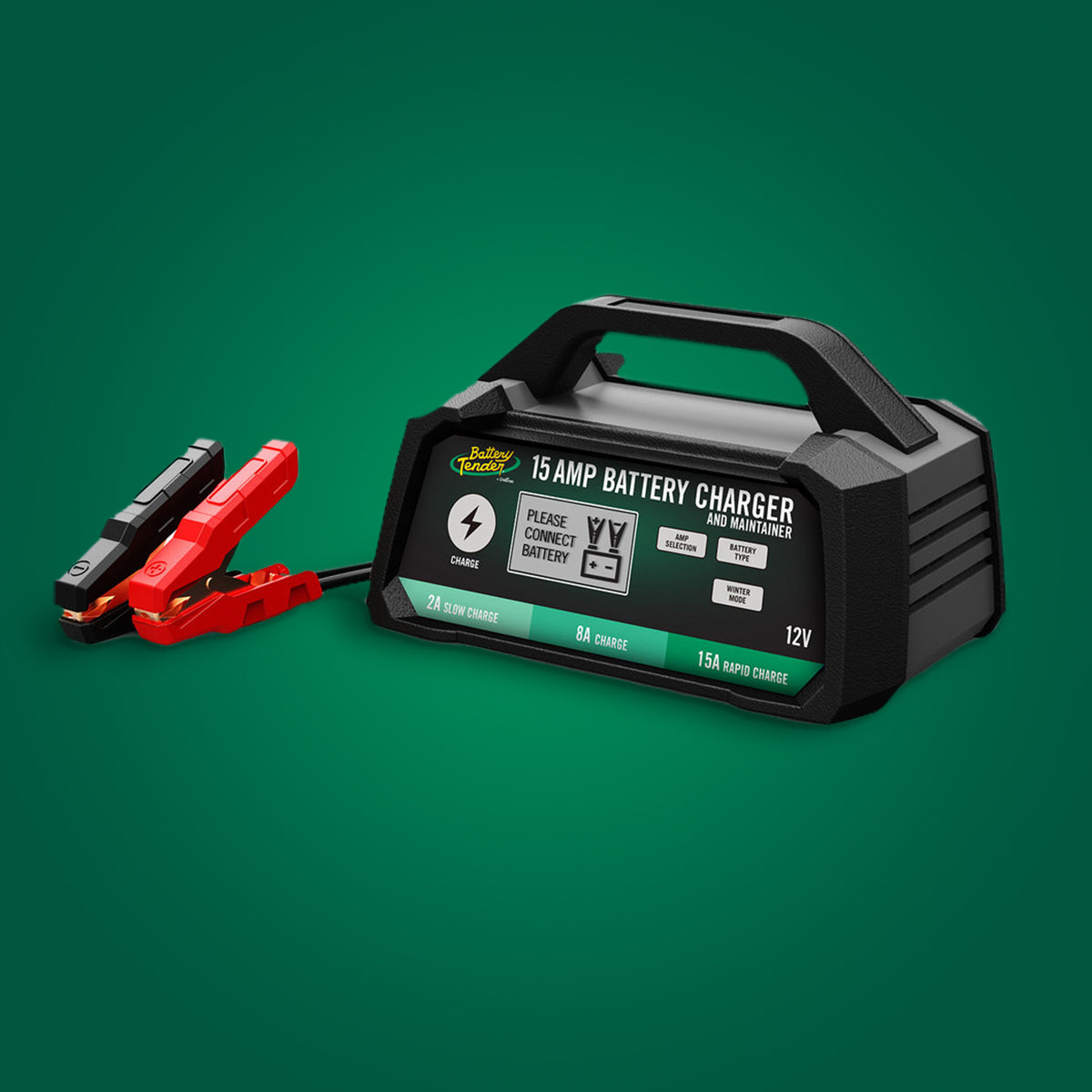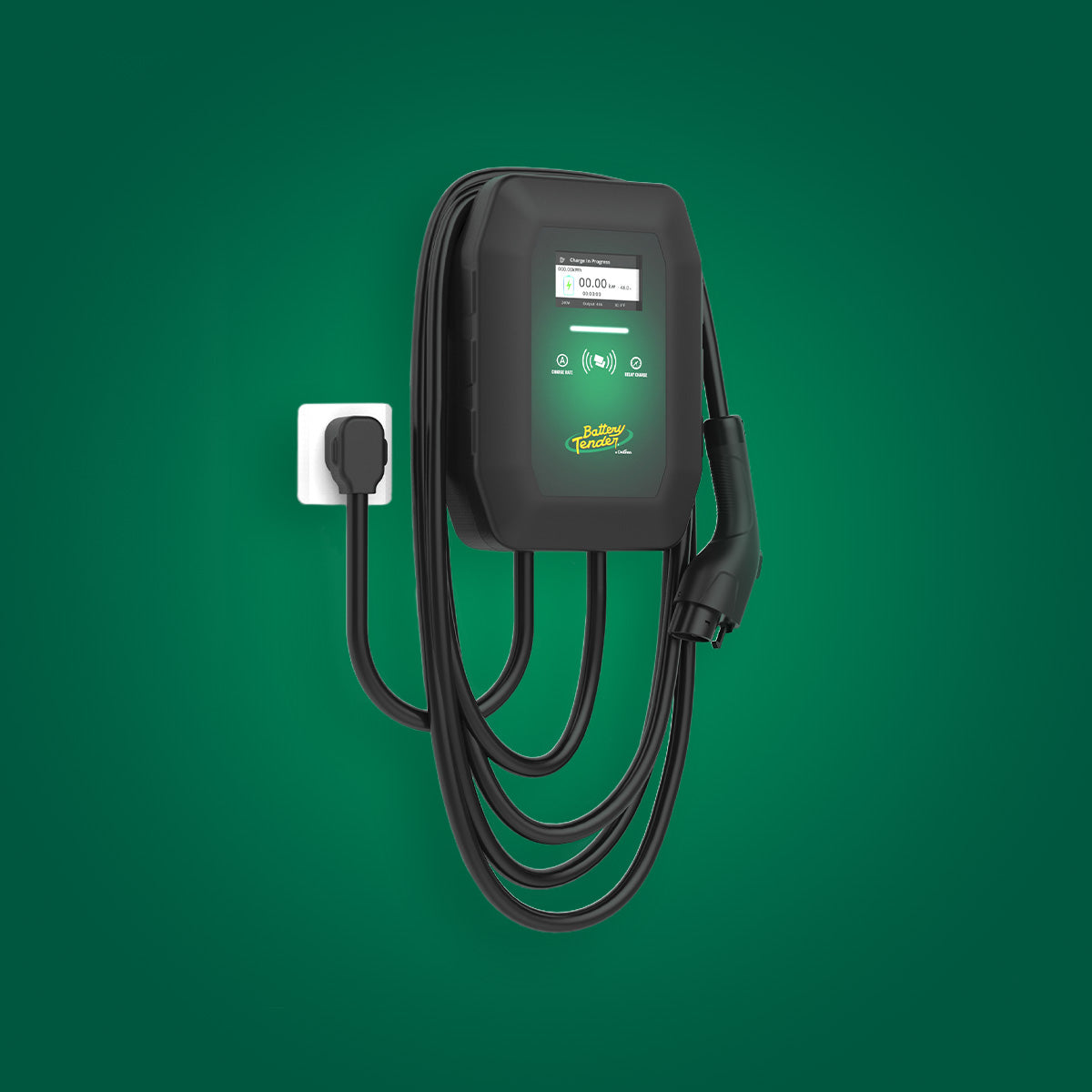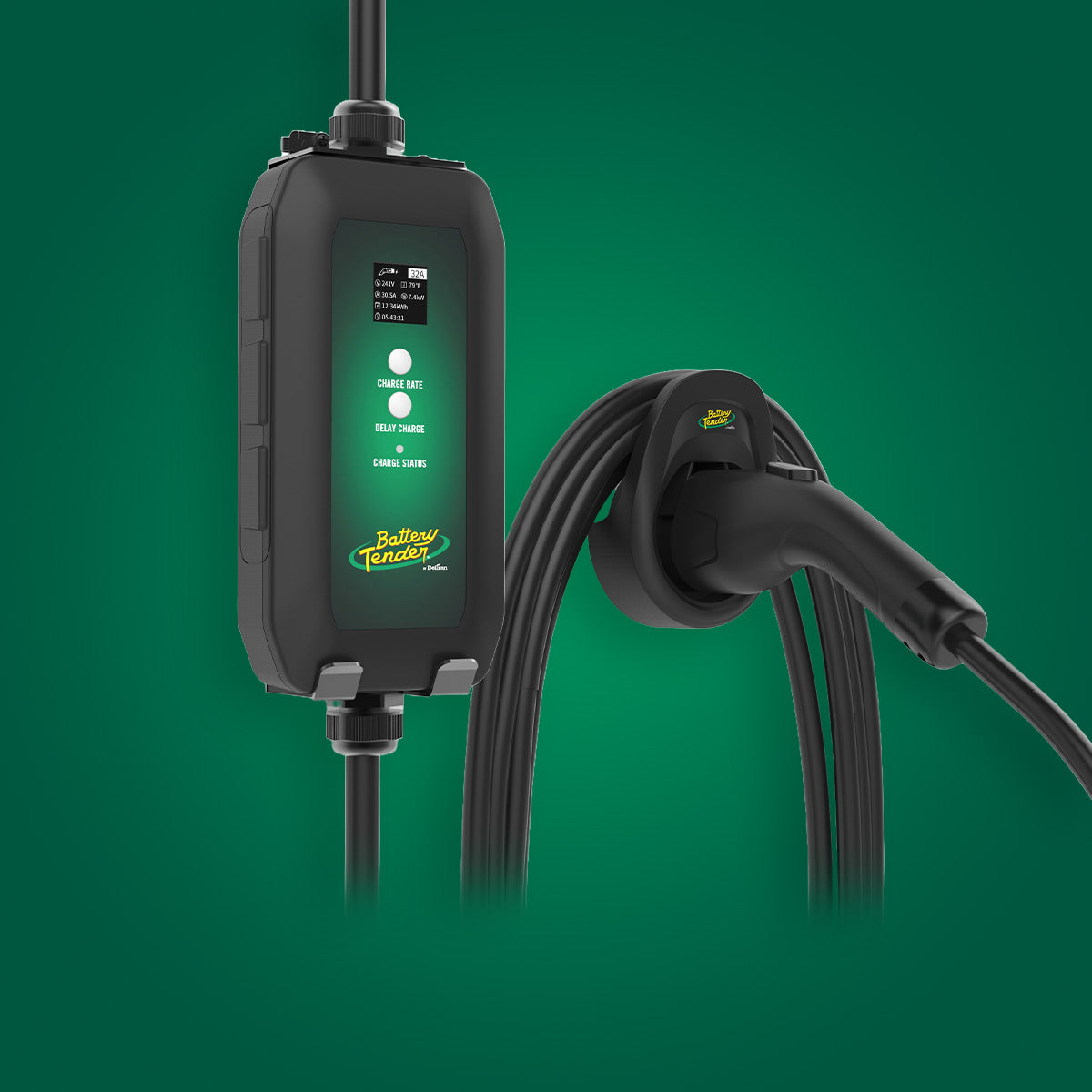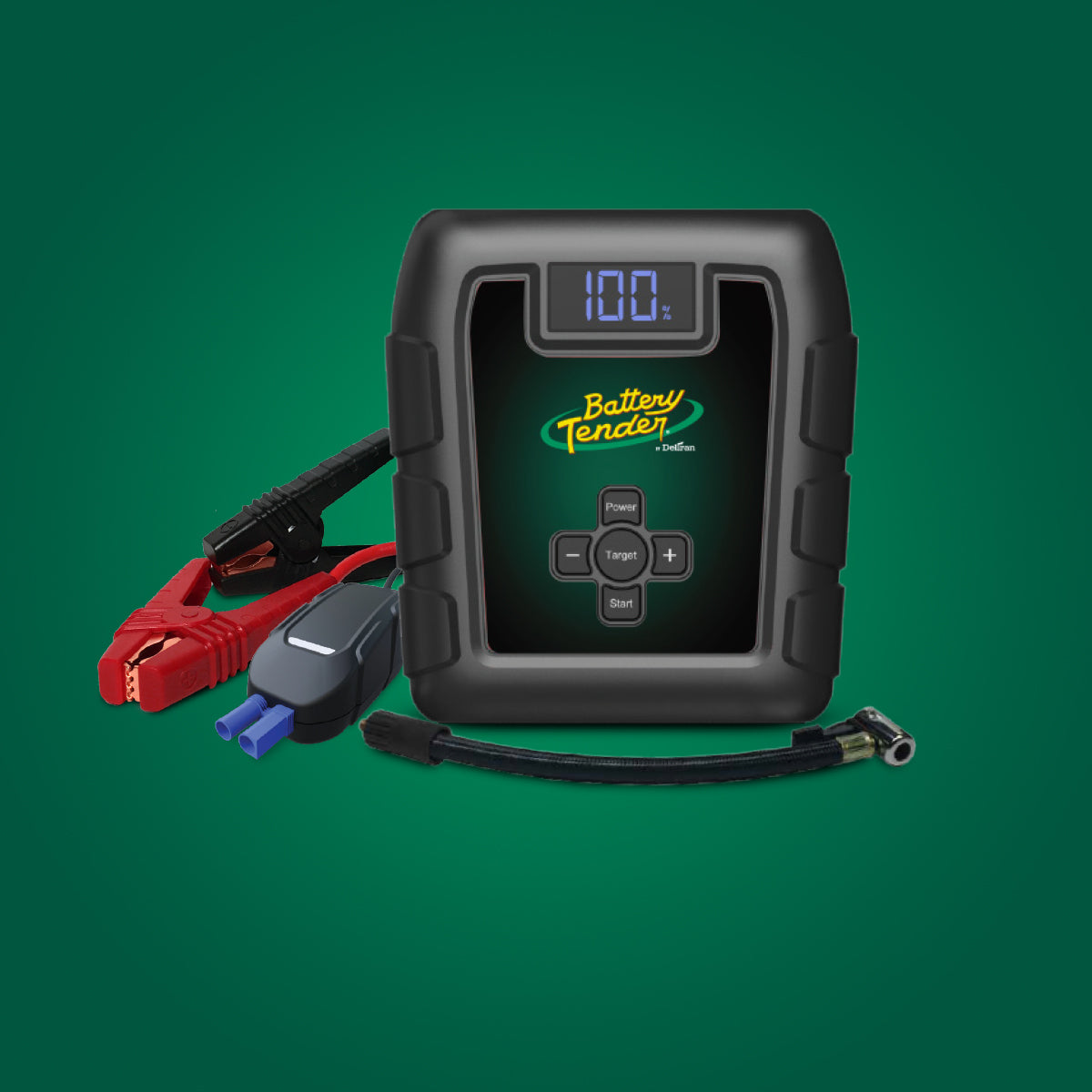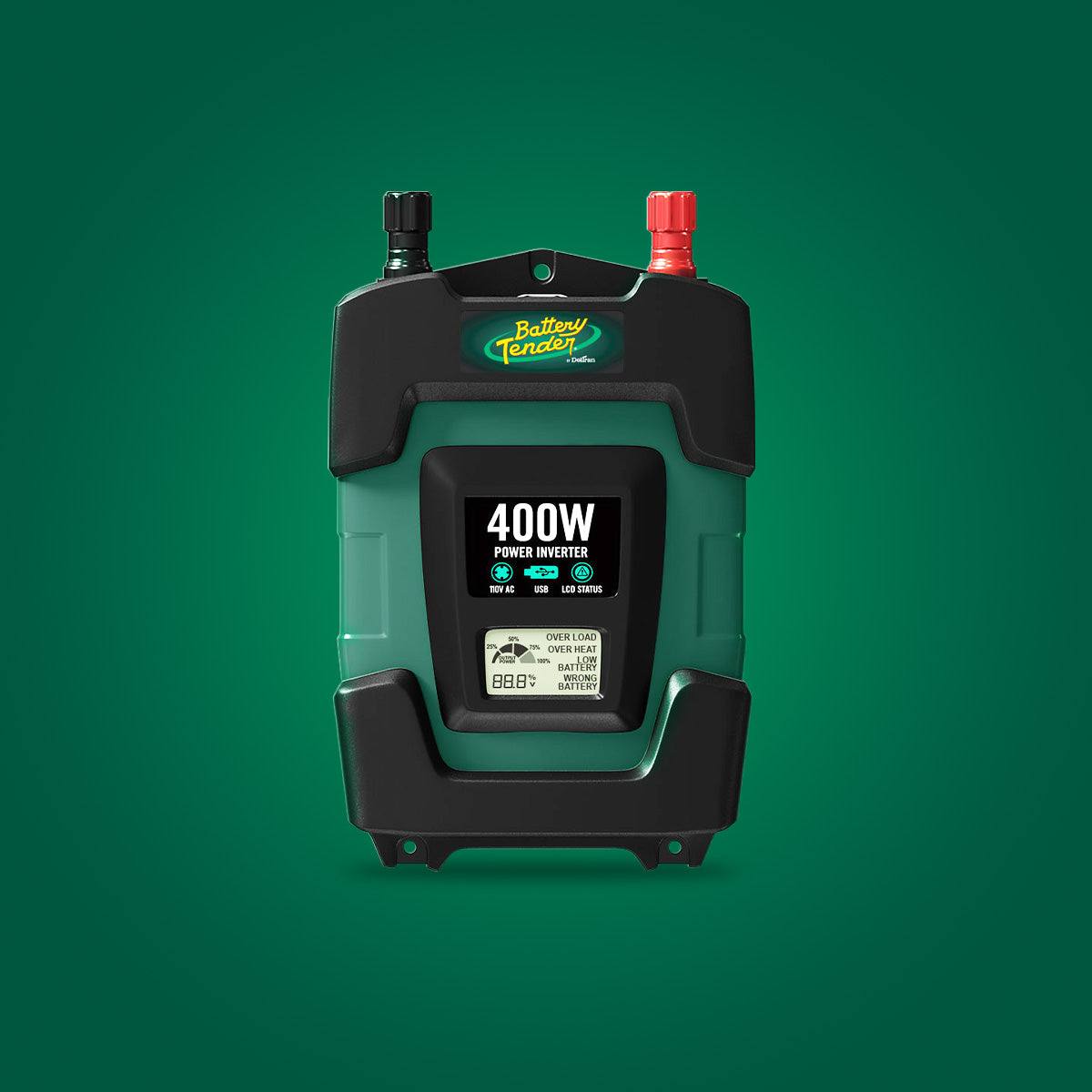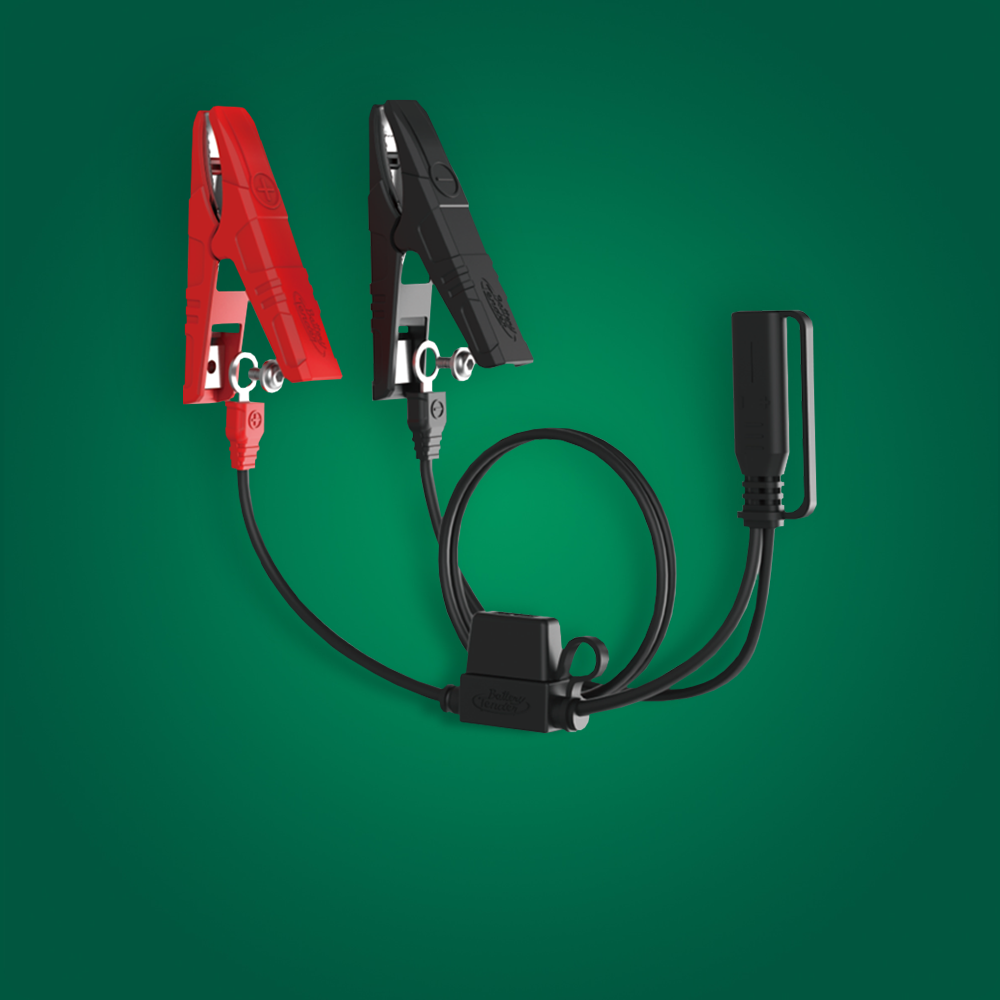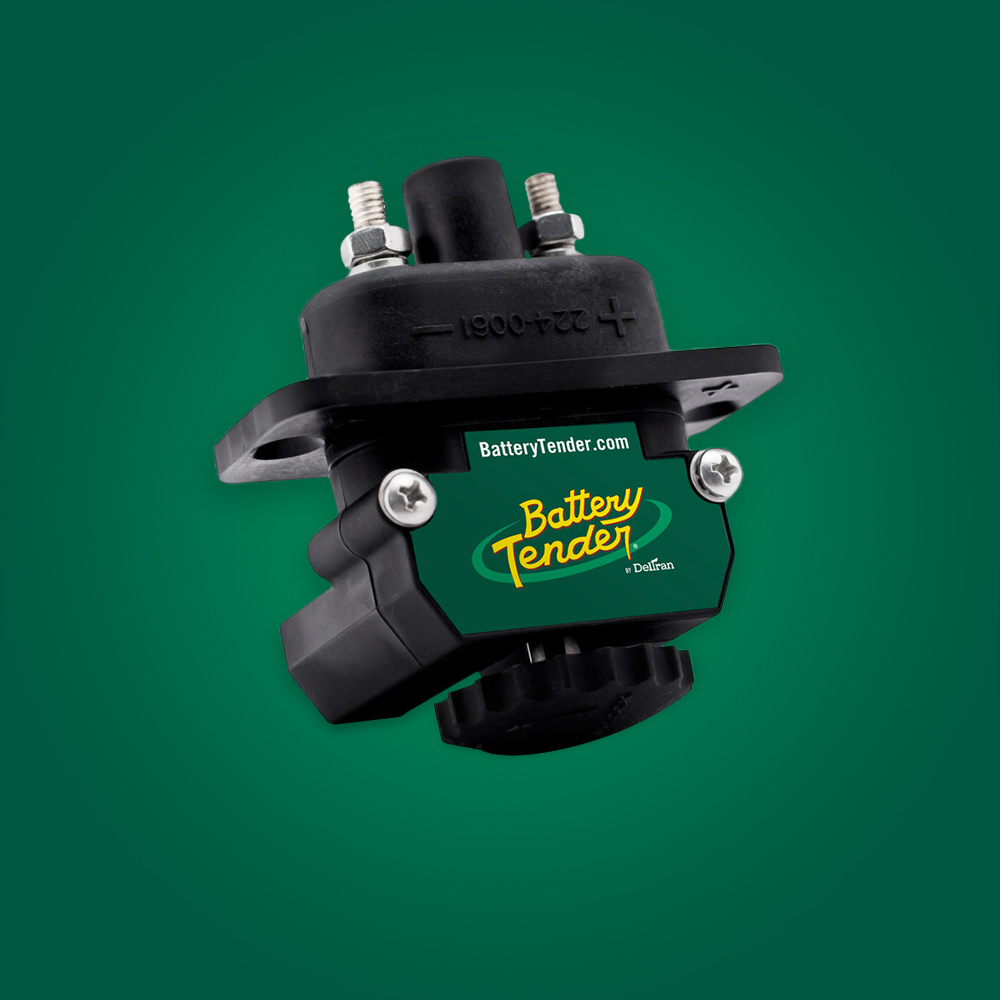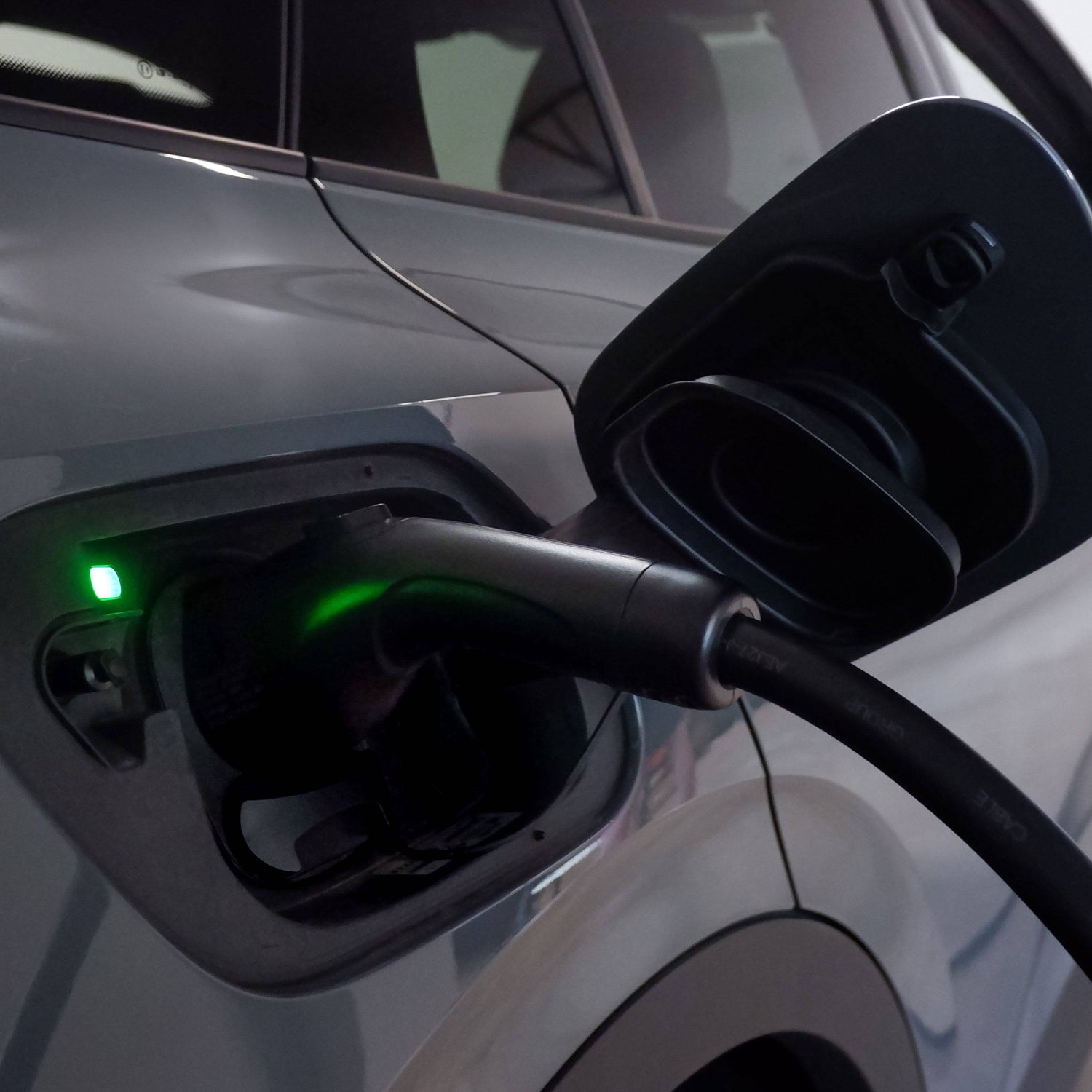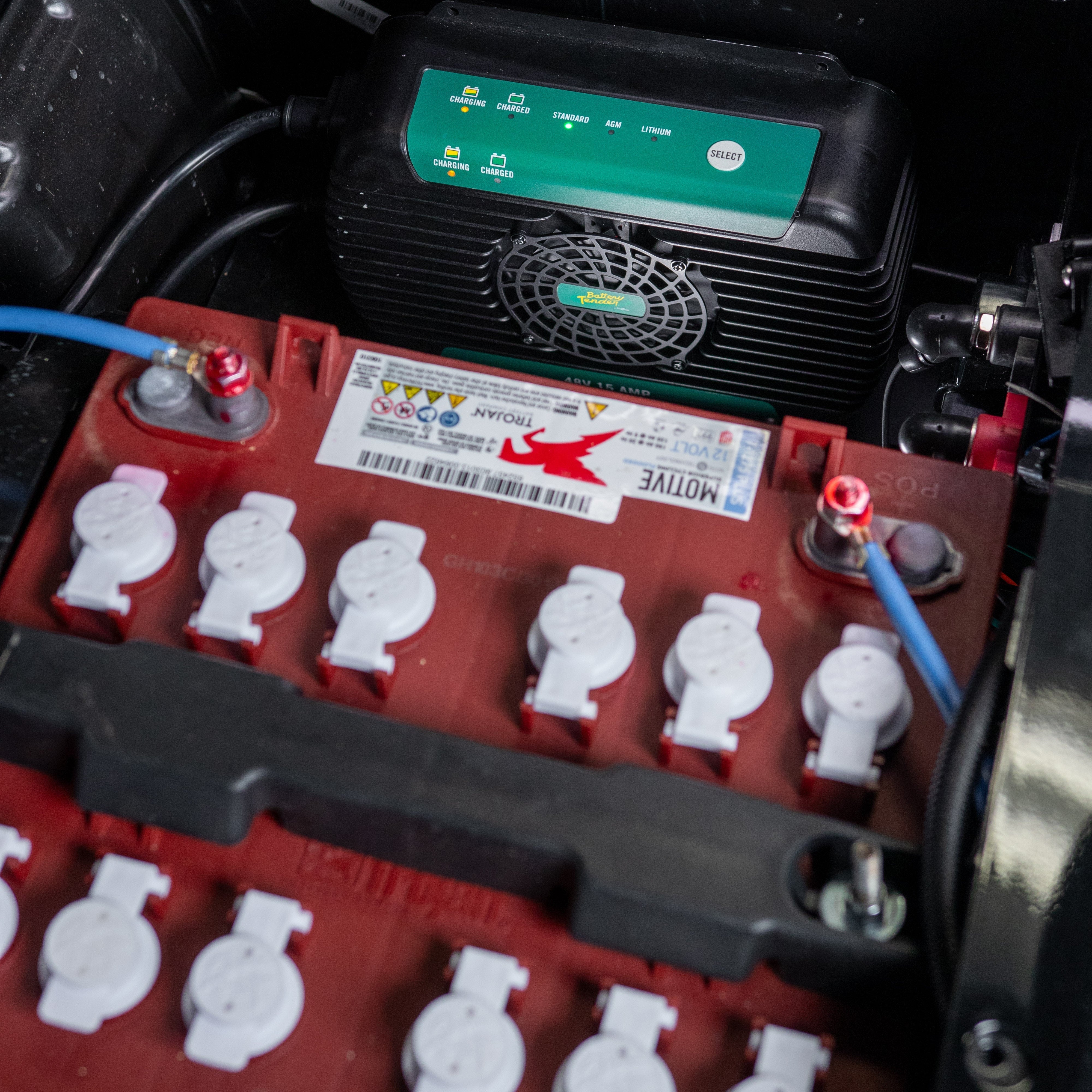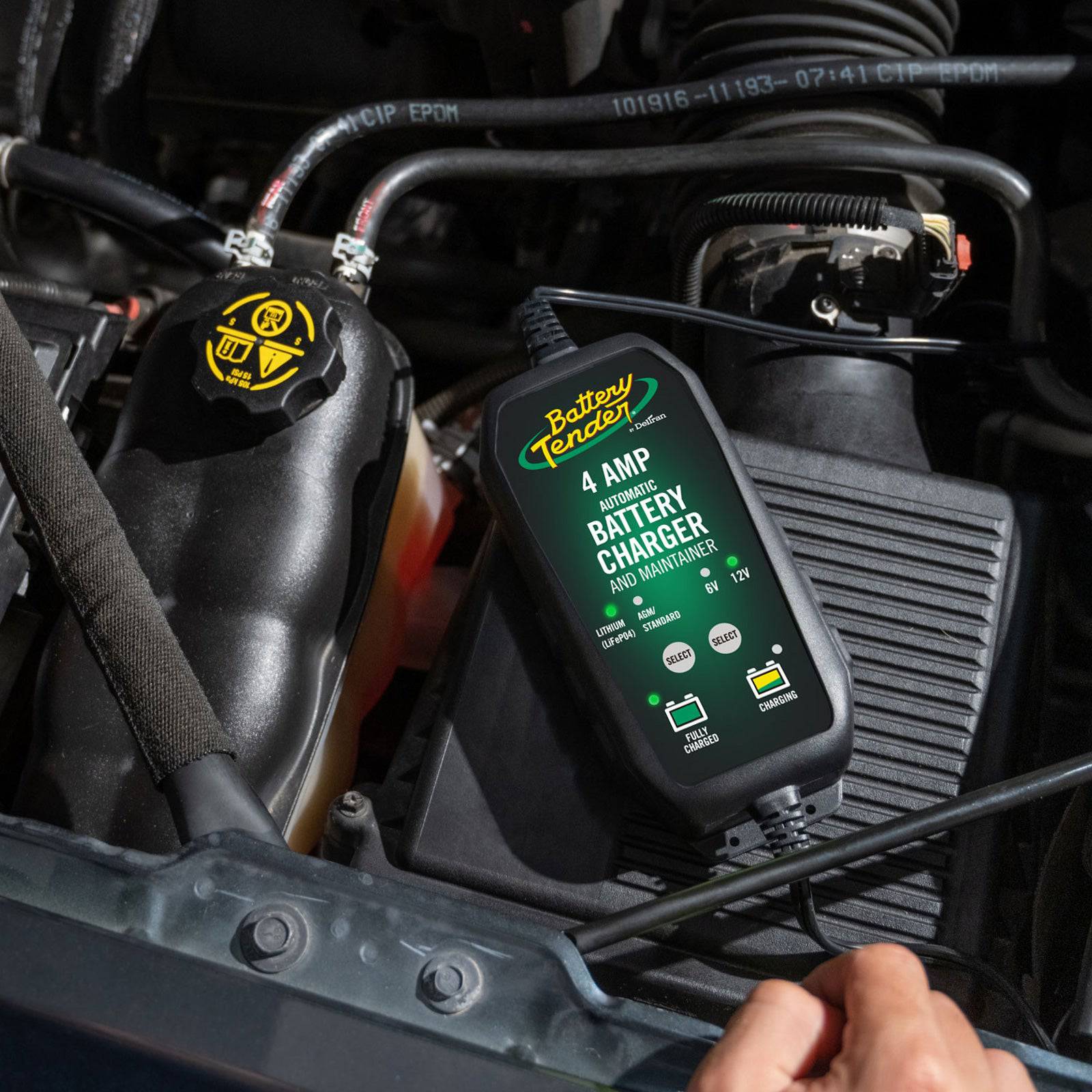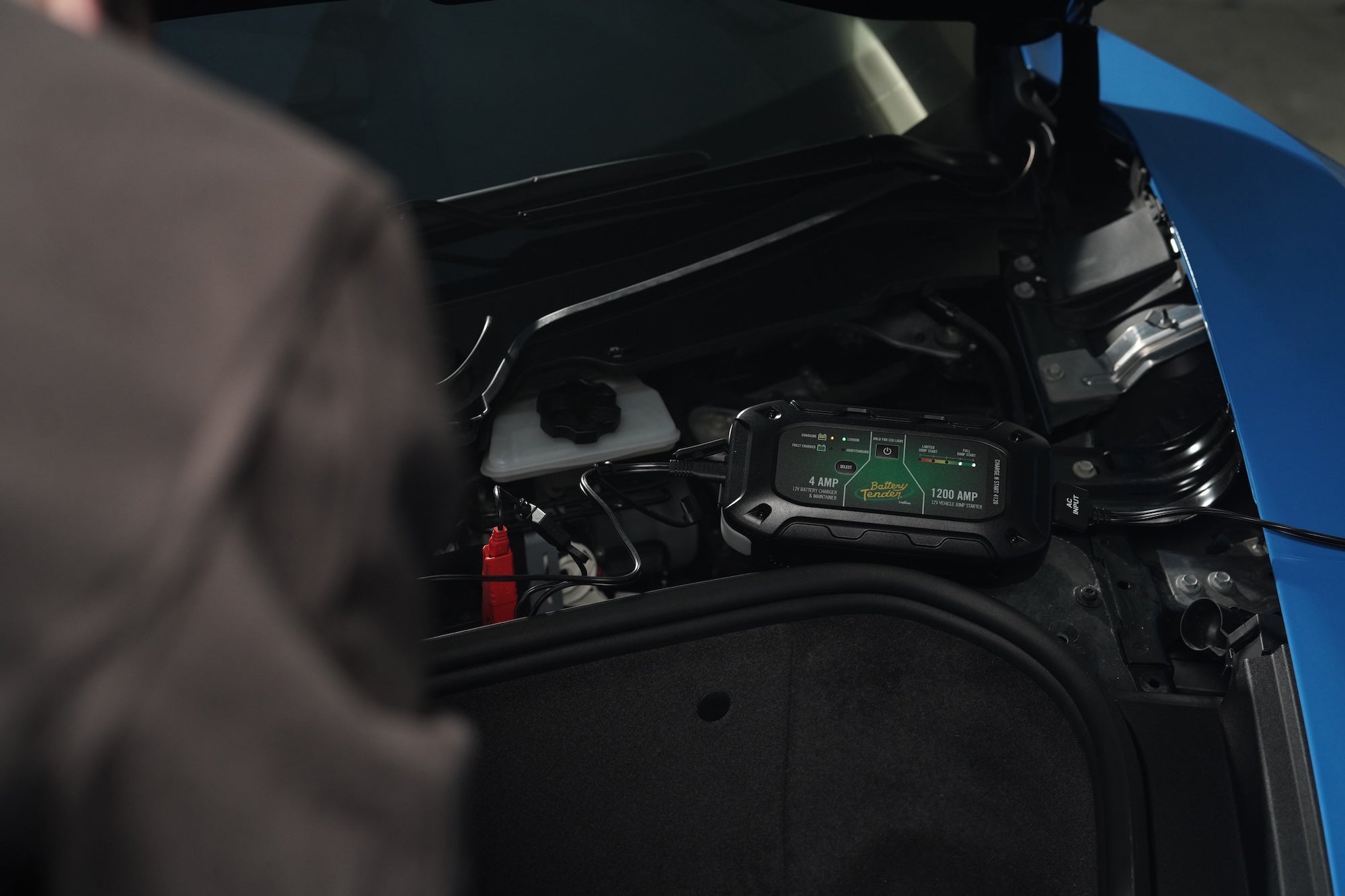If you're considering buying or leasing an electric vehicle (EV) or installing charging infrastructure, understanding federal EV tax credits can be confusing and overwhelming. We’re here to break down some of the most important factors to consider if you’re trying to go electric.
Understanding the Landscape: It's More Than Just the $7,500
Federal EV incentives extend beyond the well-known new clean vehicle tax credit. We're talking about credits for used EVs, commercial EVs, and even charging infrastructure. This comprehensive approach is crucial for accelerating EV adoption across various sectors.
The EV Charging Tax Credit (30C): A Hidden Gem
The EV charging tax credit (30C) can be intricate. Below are the key takeaways from this tax credit:
- Eligibility: It's not just for homeowners! Businesses and tax-exempt entities (like nonprofits and municipalities) can also benefit.
- Location Matters: The project must be located in either a low-income community or a non-urban area, as defined by the IRS. You can check your location using the US Census website and IRS resources.
- "Single Item of Property": The credit applies to a ‘single item of property,’ meaning the charging station and the necessary equipment and labor to make it operational. This may include wiring and installation, but not unrelated electrical upgrades.
- Tax-Exempt Entities: The ability for these entities to use direct pay or have the installer claim the credit is a game-changer for expanding public charging access.
- Decoding the Clean Vehicle Tax Credits (30D, 25E, 45W): New, Used, and Commercial
Let’s take a look at these tax credits individually:
-
New Clean Vehicle Tax Credit (30D):
- The point-of-sale rebate is a significant advantage, making EVs more accessible.
- Be aware of the foreign entity of concern rules, MSRP limits, and income limits.
- Always verify vehicle eligibility on fueleconomy.gov and dealer registration through Plugstar.com.
-
Used Clean Vehicle Tax Credit (25E):
- A great option for those seeking more affordable EVs.
- Vehicle age, price, and buyer income limits apply.
- Again, use Plugstar.com to verify dealer registration.
-
Commercial Clean Vehicle Tax Credit (45W):
- This credit is vital for fleet electrification and leases.
- While it applies to new EVs used for commercial purposes, businesses can lease EVs and then pass the benefit to customers in the form of lower lease payments.
Remember to always consult with a tax professional for personalized advice.
Don't wait! Explore your EV options and take advantage of these incentives while they last.

